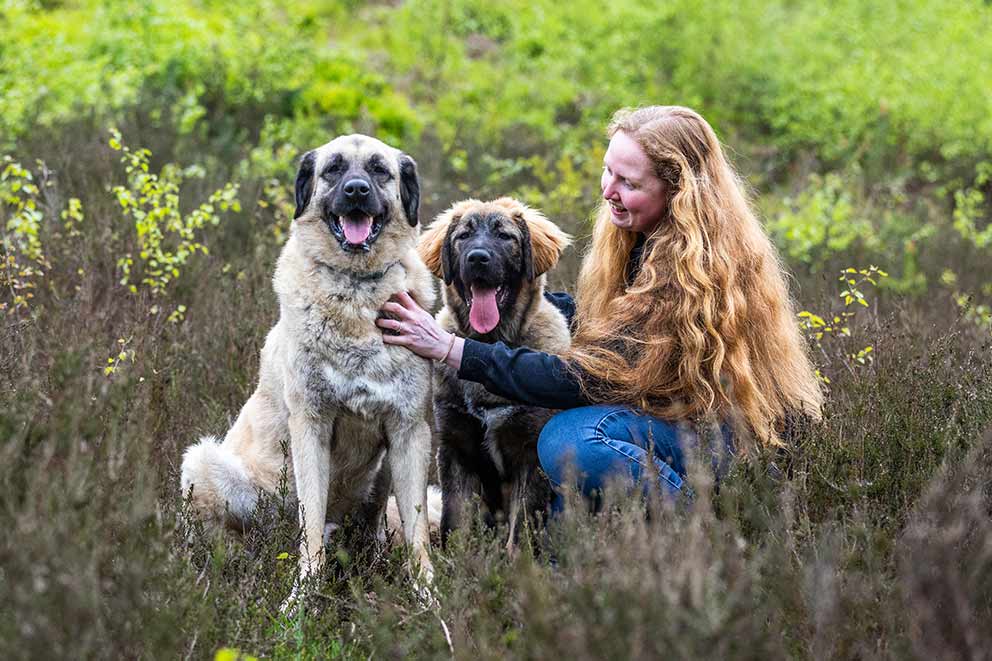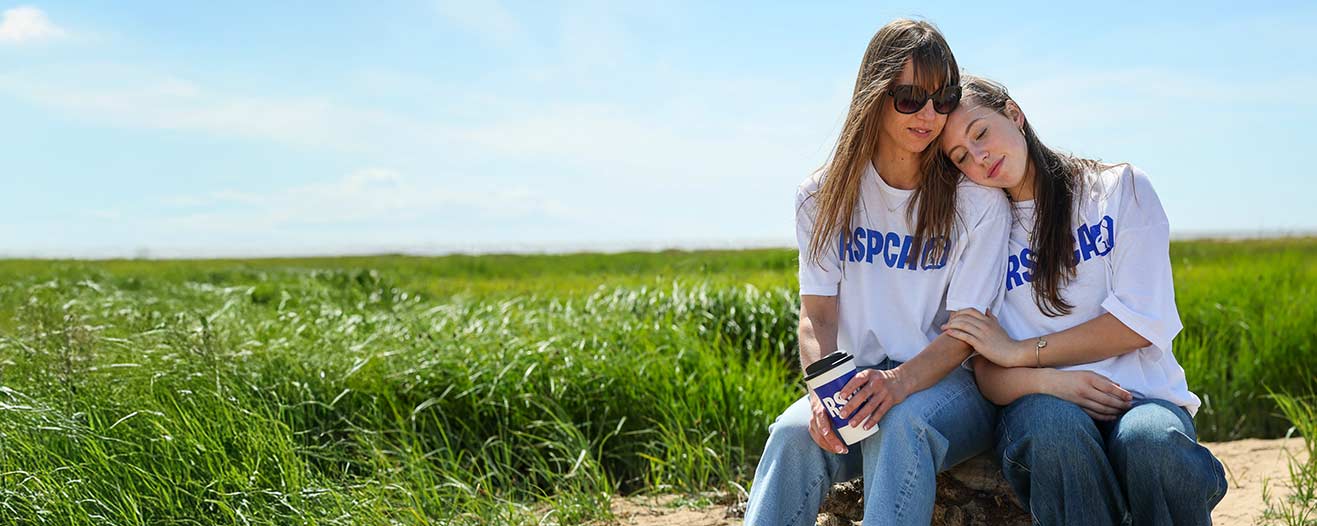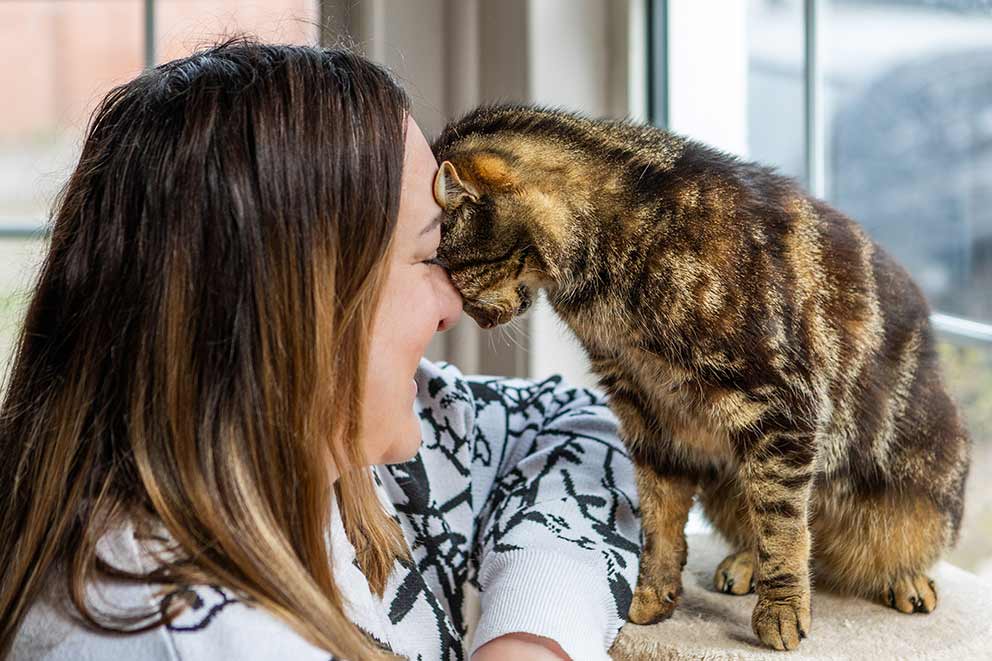Do pets grieve?
We don’t know if pets grieve in the same way we do, but many show signs they’re struggling after losing a companion. Some are withdrawn, while others seem restless and lost without their friend. Learn what to look out for and how to help them cope.

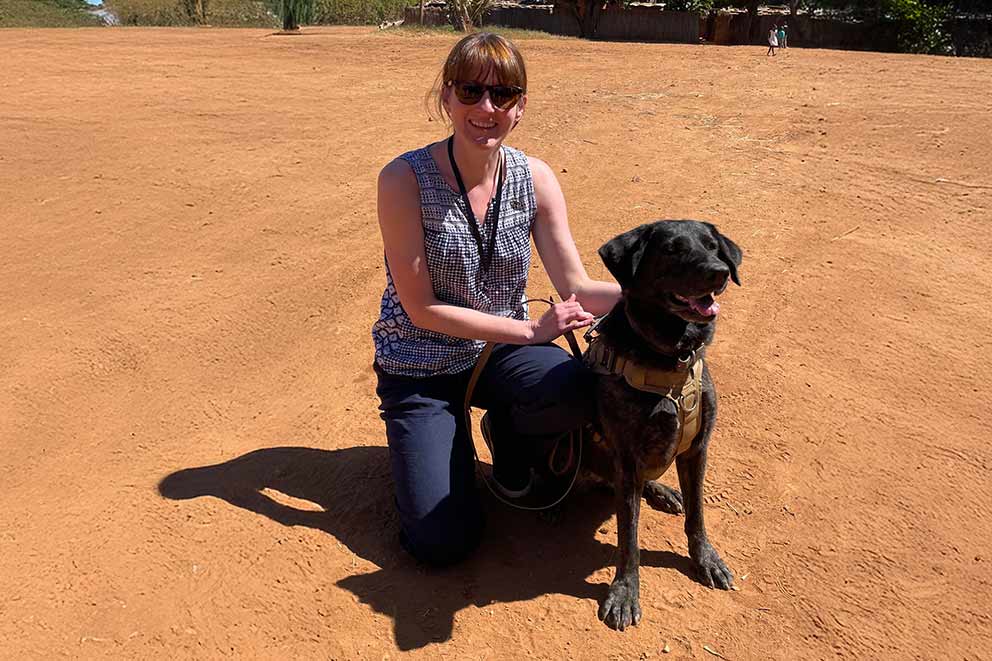
Watching our pets closely and looking for changes to their normal behaviour can tell us more about how they are coping, allowing us to provide them with what they need.
Signs of grief in pets
Dogs
Signs that dogs are feeling sad when another pet has died.
- Seeming withdrawn or quiet.
- Loss of interest in toys or play.
- Eating or sleeping less (or more).
- Following their owner more than usual.
- Restlessness or pacing.
Cats
Signs that cats are feeling sad when another pet has died.
- Hiding more often or following their owner more.
- Changes in grooming habits.
- Eating less or seeming lethargic.
- Increased vocalisation.
- Seeking comfort or acting unsettled.
Rabbits, guinea pigs or small pets
Signs that small pets (rabbits, guinea pigs, etc.) feel sad when another pet has died.
- Eating less or stopping altogether.
- Becoming withdrawn or unresponsive.
- Hiding more or staying in one spot.
- Changes in grooming habits.
- Making distressed or unusual vocalisations.
Horses
Signs that horses are feeling sad when another horse has died.
- Withdrawing from other horses or people.
- Changes in appetite – eating less or showing disinterest in food.
- Becoming quieter or more still than usual.
- Pacing, calling out or showing signs of separation anxiety.
- Changes in sleep, posture or general behaviour.
Do pets know when another pet is dying?
Pets may not understand death like we do, but many respond to our emotions. Dogs in particular can be emotional sponges. Some pets may seem anxious, others unaffected. Knowing what’s normal for your pet helps you spot changes in behaviour and to support them through the loss of a companion.
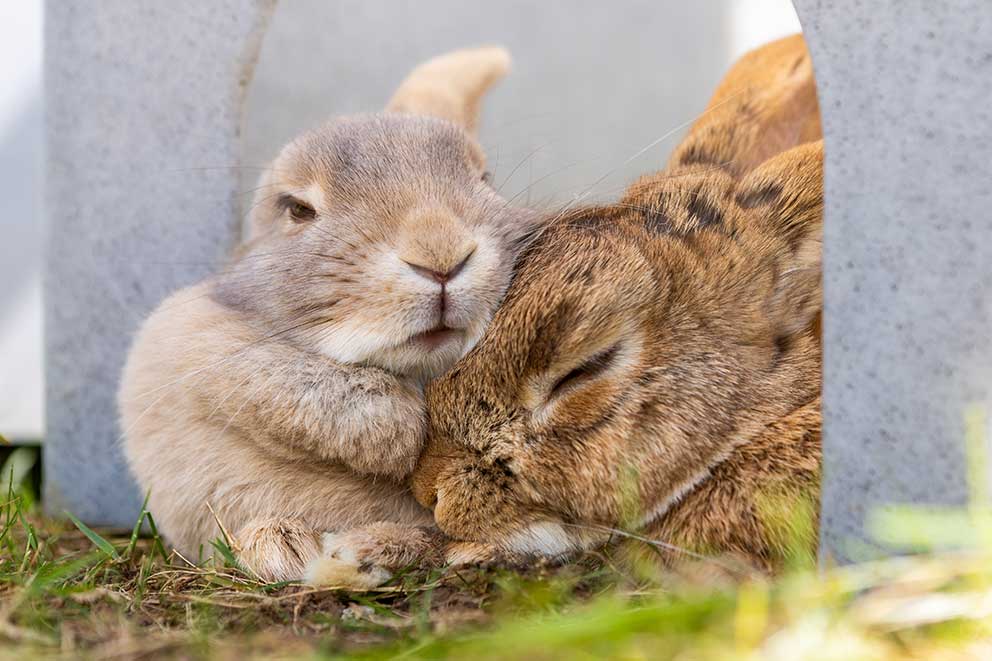
How can I help my pet through grief?
Keep their routine steady. Familiar feeding and walk times can be reassuring.
Offer extra comfort. Give them more attention, play, or quiet time – whatever they seem to need.
Watch their health. Appetite or behavioural changes can signal distress or illness.
Try calming support. Your vet may recommend pheromone diffusers or sprays to ease anxiety.
Speak to your vet. If you’re worried don’t wait: they can help assess what’s going on.
Not all pets will behave differently after the loss of their companion. Some may appear unaffected or even seem brighter after a companion’s death, especially if the previous relationship was strained.
Should I get another pet to keep them company?
Some pets do benefit from a new companion, but it depends on their personality and species.
- Many dogs will benefit from another dog in the family, but may need time and space to adjust before accepting a new friend.
- Cats tend to be more independent and can find a newcomer stressful.
- Small pets, like rabbits and guinea pigs, are deeply social and often form close bonds. “If one dies, the other can find it very hard to cope,” says Sam. A carefully matched new companion can make a big difference.
Only consider a new pet when you feel emotionally ready – for your sake and your pet’s.
